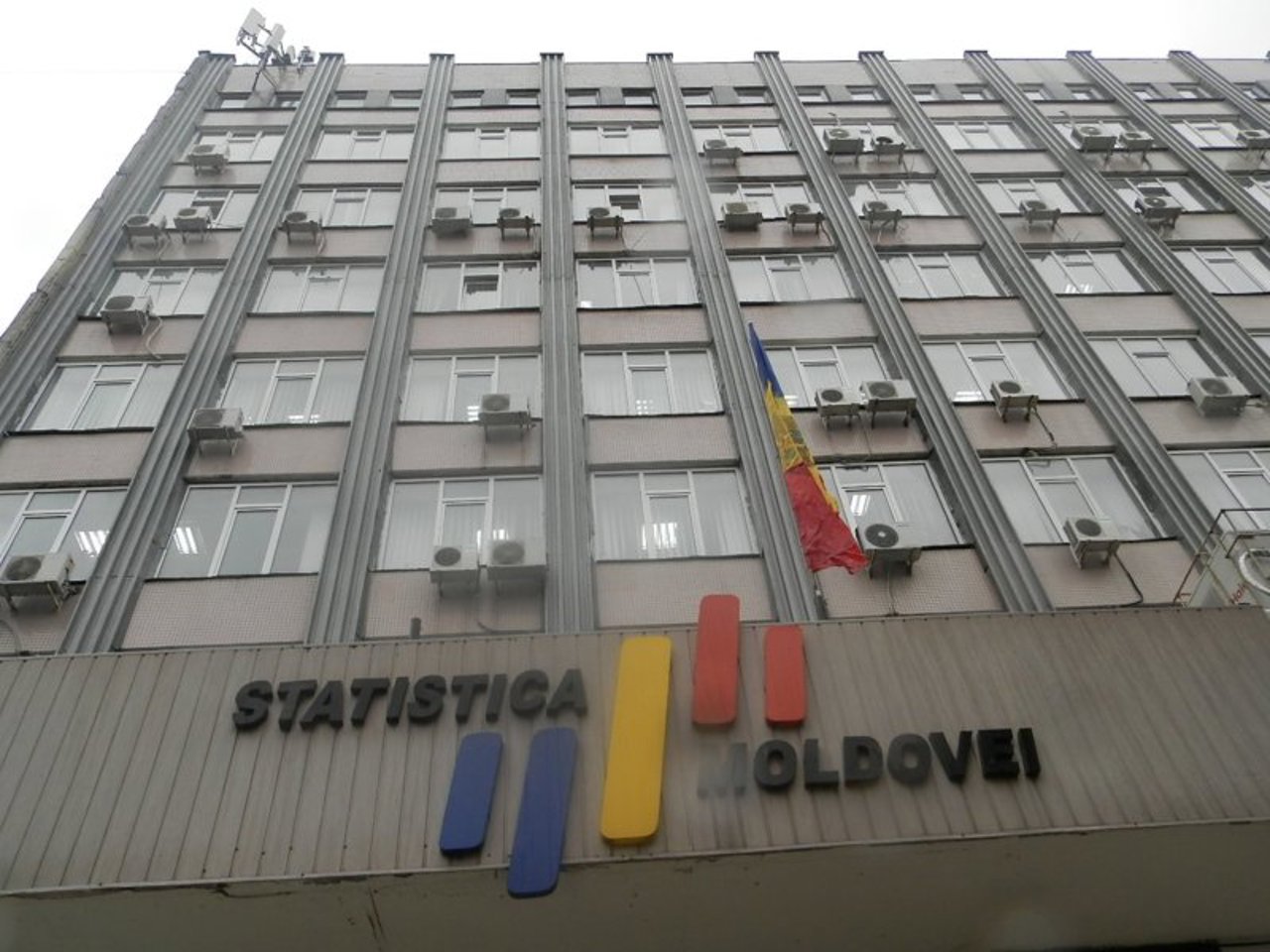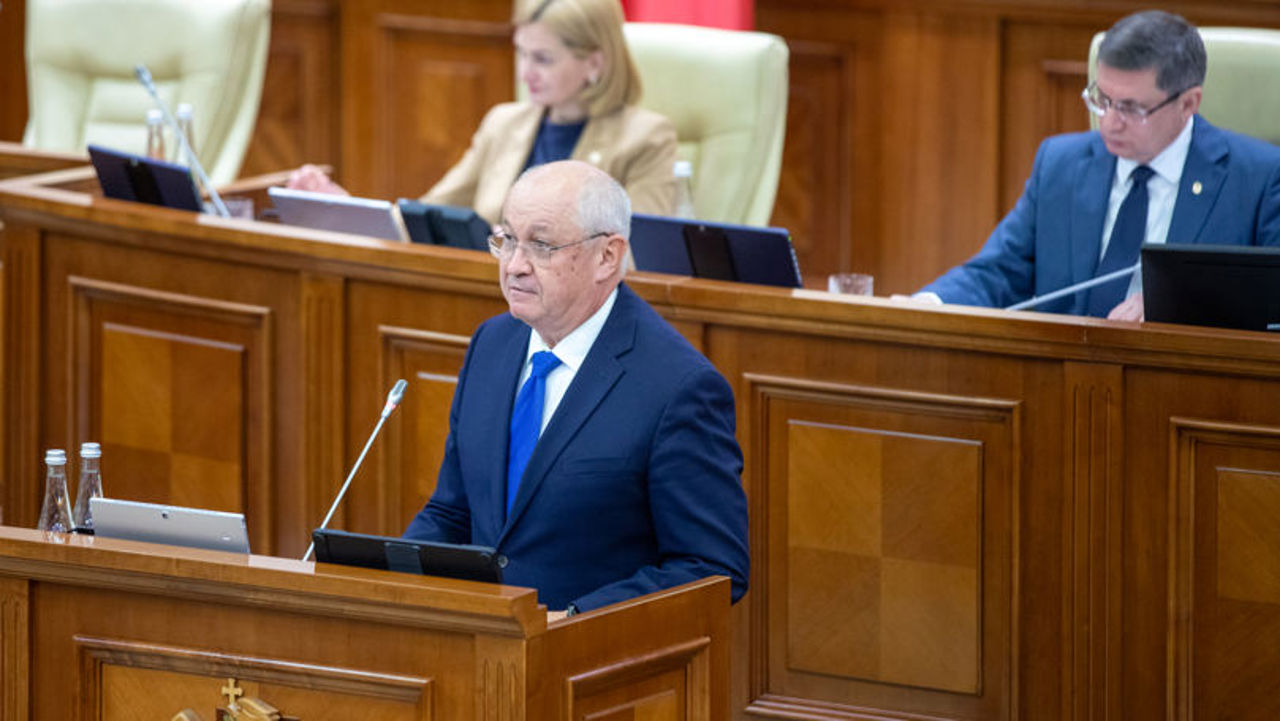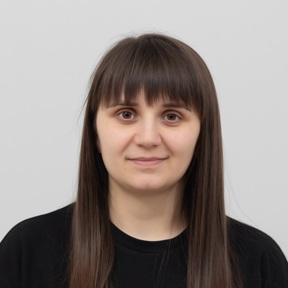NBS prepares for next year's census with a trial run in 11 localities
The National Bureau of Statistics (NBS) is preparing for next year's population and housing census. This autumn, it will carry out just one sample in 11 localities. The aim is to test the questionnaires. There are three questionnaires. The first one covers demographics, identity, education, occupation, and the second and third - housing and blocks.

Moldova 1 reporter Virginia Pîntea followed the subject and summarised it.
"The mock census will run from August 28 to October 10. More than 120 census takers will record information on persons, buildings and dwellings themselves."
"Thus, the survey will be conducted in eleven localities: Chisinau, except for the Buiucani sector, Colonița village in the capital's suburbs; Balti; Soroca; Glinjeni in Falesti district, Varnița in Anenii Noi; Butuceni in Orhei district, Copanca in Causeni; Crihana Veche, Cahul; Taraclia and Comrat cities. We have three questionnaires. The first on demography, identity, education, occupation. The second and third - on housing and blocks. The data are confidential."
The census will take place next year and will cost nearly 330 million lei, most of it, 65 percent of the money, is for salaries.
And because censuses are expensive, the National Bureau of Statistics will transition to state registers, without census takers on the ground. Register-based censuses can be conducted not just once every ten years, but more often.
Next year, the NSO will do a combined census with traditional surveys, plus state registers at the information processing stage. Another novelty compared to 2014 is the move away from paper and towards tablets.
The NBS is apolitical and does not support or assist any political party. Respectively, the mock census is not related to the local elections, as these are two absolutely separate events.
According to the NBS, the census is a large-scale statistical activity that takes place once every ten years, as part of the global census rounds carried out in accordance with international recommendations.





